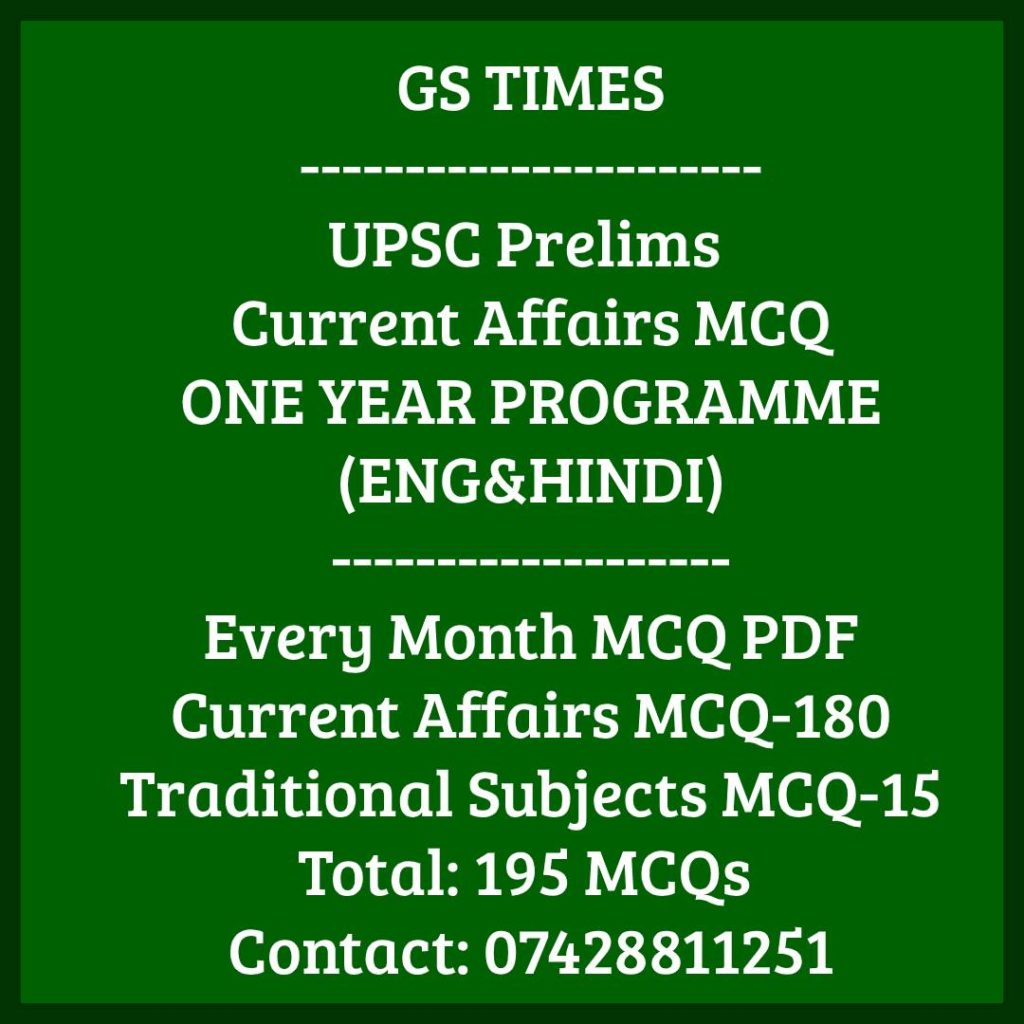Attorney-General of India Shri K.K. Venugopal on November 2, 2020 declined consent to initiate contempt proceedings against Andhra Pradesh Chief Minister Jagan Mohan Reddy and his Principal Adviser Ajeya Kallam for directly writing a letter to the Chief Justice of India against the siting judge Justice Ramana.
The Attorney-General was responding to a petition filed by Supreme Court advocate Ashwini Kumar Upadhyay for his prior consent under the Contempt of Court Act to initiate proceedings against Mr. Reddy and Mr. Kallam.
Provisions related to Contempt of Court
- Civil Contempt is committed when someone wilfully disobeys a court order, or wilfully breaches an undertaking given to court.
- Criminal contempt means the publication (whether by words, spoken or written, or by signs, or by visible representation, or otherwise) of any matter or the doing of any other act whatsoever .
- Fair and accurate reporting of judicial proceedings will not amount to contempt of court.
- Any fair criticism on the merits of a judicial order after a case is heard and disposed of will not amount to contempt of court.
- Making allegations against the judiciary or individual judges, attributing motives to judgments and judicial functioning and any scurrilous attack on the conduct of judges are normally considered matters that scandalise the judiciary.
Attorney General’s nod is must
- The Attorney General’s nod is a must before filing a contempt petition in the top court.
- The Article 129 of the Constitution of India shows that the Supreme Court being a Court of Record shall have all the powers of such a Court of Record including the power to punish for contempt of itself.
- The Supreme Court has said that this is a constitutional power which cannot be taken away or in any manner abridged by statute.
- Article 142 also provides that the Supreme Court can punish any person for contempt of itself but this power is subject to the provisions of any law made by parliament.
- Section 15 of the Contempt of Courts Act, 1971 (enacted by Parliament) deals with cognizance of criminal contempt and the opening portion of Section 15 clearly provides that the Supreme Court or the High Courts may take action:
- Suo motu
- Sn a motion moved by the Advocate General in case of High Court or Attorney General/Solicitor General in the case of Supreme Court
- On a petition by any other person with the consent in writing of the Advocate General/Attorney General/Solicitor General as the case may be.
- The punishment for contempt of court is simple imprisonment for a term up to six months and/or a fine of up to Rs. 2,000.
(Source: The Hindu and THE CONTEMPT OF COURTS ACT, 1971)
CLICK HERE FOR UPSC PRELIMS CURRENT AFFAIRS MCQ



